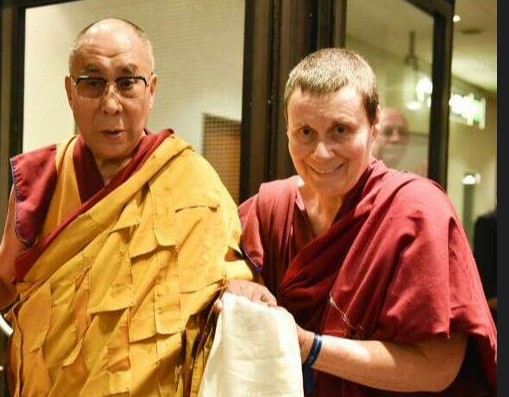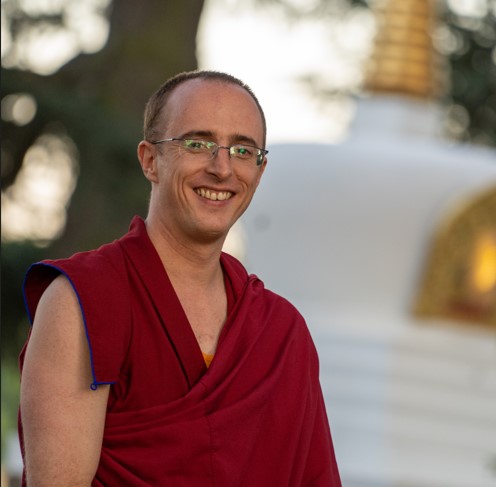About the Program
Nalanda’s FPMT Basic Program is a five-year full-time comprehensive course of study, discussion and meditation based upon sutra and tantra texts traditionally studied in the Tibetan Buddhist Gelug tradition, culminating with a three month retreat. As a full-time residential program in a monastic setting, Nalanda is able to offer a unique approach to study and meditation to both Western monastics and committed lay practitioners.
The program has been specifically designed by Lama Zopa Rinpoche to provide a balanced approach to the combination of academic education and the practice of meditation that characterise the Gelug tradition of Tibetan Buddhism, making the study and understanding of the philosophical subjects of immediate and practical benefit. The FPMT Basic Program has been structured around a schedule of teachings, review classes, and discussion groups alternated with meditation retreats so as to encourage the integration of the teachings into one’s practice with the purpose of gaining a personal experience of them.
This program is ideally suited for those who consider ordination as a life-long commitment. The focused approach of a five year full-time residential study program will give students the opportunity to integrate practical Buddhadharma into their lives rather than just on an intellectual level.
Students who graduate from the program by fulfilling all BP completion requirements, including attendance, behaviour, service, retreat and meditation, and tests and the final exam, are eligible for the FPMT registered teacher procedure, and can serve in FPMT centers and programs in various capacities.
Recording of the Basic Program Open Day
Watch the video of the BP introduction here (EN)
Regardez la vidéo de l’introduction de BP ici (FR)
Vea el video de la presentación de BP aquí (ES)
- Stages of the Path to Enlightenment
- Mahayana Mind Training
- Engaging in the Bodhisattvas Deeds
- Mind and Cognition
- Tenets
- The Tathagata Essence
- Heart Sutra
- Ornament for Clear Realization
- Death, Intermediate State & Rebirth
- Grounds and Paths of Secret Mantra
- Three-month review
- Final exam
- Three-month lamrim retreat
Download detailed English version
Geshe Losang Jamphel
Course Teacher
Geshe Jamphel was born in a small village outside Lhasa, Tibet in 1960. After ordaining as a monk at the age of 19 in 1979, he fled Chinese-controlled Tibet for India to further his studies in 1982. While originally intending to join the recently re-established Ganden Monastery, after a meeting with High Holiness Dalai Lama upon arriving in India, Geshe-la decided instead to join Sera Je Monastery. After completing his formal studies of Sutra at Sera Je and attending Gyuto Tantric college for one year, Geshe-la was awarded the Geshe Lharampa degree in 1999. The Geshe Lharampa degree is the highest recognition of scholastic knowledge in the Gelugpa school of Tibetan Buddhism.
Months after completing his tantric 1studies, Geshe Jamphel arrived at Nalanda Monastery in the Winter of 2000 to assume the title of resident teacher. At that time, there were few monks and no formal curriculum of studies. However, after the completion of expanded facilities in 2007 and a years-long campaign of loving encouragement by Geshe-la, Nalanda commenced its first FPMT Basic Program in 2008. In addition to teaching this Basic Program and many other shorter teachings, Geshe-la has taught an FPMT Masters Program from 2014 to 2020 and an extensive commentary on the Calm Abiding and Special Insight chapters of Lama Tsongkhapa’s Lamrim Chenmo in 2021-22. In addition to teaching at Nalanda, Geshe-la travels frequently to Barcelona to give teachings at Centro Nagarjuna, another FPMT-affiliated center. Geshe-la was appointed abbot of Nalanda Monastery in 2007 by Lama Zopa Rinpoche.
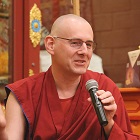
Venerable Sonam Tharchin
Tibetan – English interpreter
Born in Munich, Germany, Venerable Tarchin was ordained as a monk in 1999. After studying Tibetan language in Dharamshala, India at the Lotsawa Rinchen Zangpo Translator Program, he has been translating for Geshe Jampel since 2005. He translated for Geshe-la during Nalanda’s first FPMT Basic Program from 2008 to 2012, Nalanda’s first Master Program from 2014 to 2020, the recent two-year Lamrim Chenmo commentary, and many other teachings. Venerable Tarchin shares, “What I like about Geshe-la’s teaching style is that he welcomes students to ask questions at any time during the teachings, and that he will often weave practical advice into the more intellectual subjects. Geshe-la makes the teachings very alive.” Venerable Tarchin was appointed director of Nalanda Monastery by Lama Zopa Rinpoche in 2021.

Chistophe Rotiel
English – French interpreter
Chistophe Rotiel has been studying at Nalanda since 2008, completing both the FPMT Basic Program and the FPMT Master Program. Since 2021, he has been serving as French translator for Geshe Jamphel’s commentary on the Calm Abiding and Special Insight chapters of the Lamrim Chenmo. A close student of Geshe Jamphel and a knowledgeable scholar in his own right, Nalanda is pleased to have Christophe translating for the upcoming FPMT Basic Program.

Gregory Vaugon
FPMT Basic Program Coordinator and French Teaching Assistant
Gregory Vaugon met Buddhism at the Kalachakra center in Paris, where he took refuge with Geshe Losang Jamphel. He travelled to Nepal and did the November course in 2007 at Kopan Monastery, Kathmandu. Returning to France he joined Nalanda Monastery and took novice ordination in 2008, completed the FPMT Basic Program 2008 – 2012 and helped with interpretation from English to French. In 2013 he decided to give back his monastic vows, then travelled to Indonesia where he worked as a French and English teacher and was exposed to various Buddhist traditions.
Since 2016 Gregory has interpreted from Tibetan to English and French in various Buddhist centers in Europe. He has kept contact with Nalanda and done various courses in the monastery. Now his wish is to continue to study the Dharma, train his mind and serve people and places that offer opportunities to learn and practice the Dharma.
We are happy to offer an online study option. The online study platform includes live-streamed classes, review classes via Zoom and the possibility to meet and interact with other students. Root texts, commentaries, and a range of supplemental study materials are provided in English, French, and Spanish. Recordings of all teachings and Q&A sessions will be made available for students to listen to at any time. Online students will have a teaching assistant assigned specifically to them. In addition, they will have the option to send in questions for Geshe Jamphel to be read aloud during weekly question and answer sessions.
Online students wishing to attain a BP Home Study certificate from the FPMT are required to complete exams for every subject, a three-month final review, a final comprehensive exam, and a one-month Lamrim retreat.
| Scholarship | Standard | Sponsor | Monks & Nuns | |
| Monthly | Monthly | Monthly | Monthly | |
| Single Room with shared bathroom | 650 € | 710 € | 795 € | 250 € |
| Double Room with shared bathroom | 480 € | 540 € | 630 € | 250 € |
| Non Residential Study without lunch | 105 € | 135 € | 155 € | 0 € |
| Non Residential Study with lunch | 215 € | 255 € | 295 € | 120 € |
| Study online | 55 € | 95 € | 135 € | 0 € |
Questions
Contact the Basic Program Coordinator at basic-program@nalanda-monastery.eu
FAQ
The FPMT Basic Program is of interest to the majority of students regularly attending centers, in particular those who are ready to commit themselves to long-term study and meditation. The program is less academic and demanding than the traditional Geshe Studies or the Masters Program, and can be followed residentially or online.
The BP offers a good, all round, basic Dharma training covering to some degree, all aspects of the teachings. It’s an excellent basis for further practice or study.
If all components are successfully completed, students should have developed a good understanding of the Dharma and its application to daily life. They should also have learned how to meditate. This will be a good basis for more advanced study, retreat or less formal practices, such as social service informed by a Buddhist world view. Students may also go on to assist with programs in centres, leading discussions and meditations, for example, or in some cases even teach.
Reflections on the BP...
